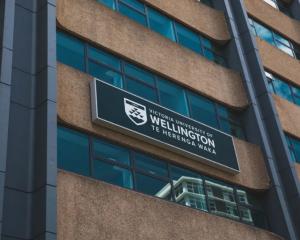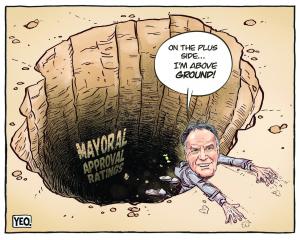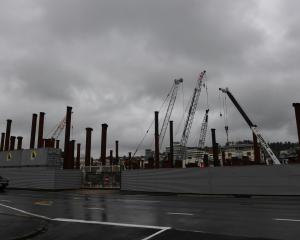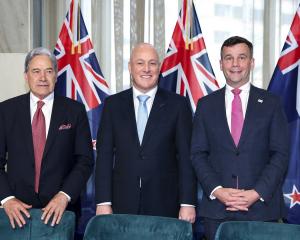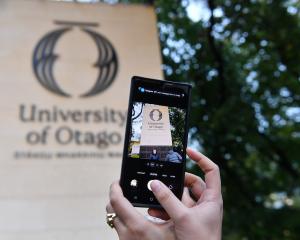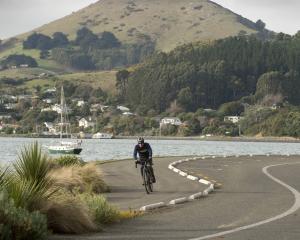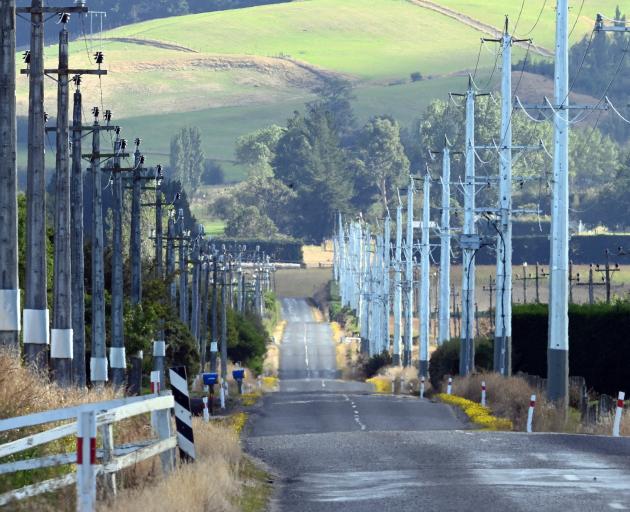
Is our Aurora a family treasure — or is it an unworkable burden? Are we considering selling a solid workhorse to gamble on the stockmarket? Can the council be trusted with a cash "windfall" — or will it fritter it away?
These are all questions I’ve been asked over the past month.
At present, the DCC is consulting on whether it should sell Aurora or not. It’s a once-in-a-generation decision about an intergenerational asset.
When thinking about what Aurora means to Dunedin people it’s useful to know the history of the asset, which is an electricity distribution company dating from 1907 when the council first began electricity generation, morphing from the Dunedin Electricity Ltd (est. 1990) to Aurora in 2003.
The company has $805 million in assets, $494m in debts and the council’s ownership/equity book valued at $197m (2023 annual report).
After a tough period Aurora has returned to profitability, making $11.1m in 2023, and a half-year profit of $12.9m for the first six months of the 2023-24 financial year.
All the profits have been invested back for the past six years. This means Aurora hasn’t been paying dividends, but has poured the funds into an accelerated capital spend.
One of the things we need to understand about Aurora is that much of the assets are at the cyclical stage where the business needs to invest back into them i.e. 50-60 years old. There’s also a large growth market in Central Otago, which needs investment.
Aurora has gained 10,000 (12%) new customers over the past 10 years, with revenue up 54% over that time.
We have been advised that Aurora will be in a position to start paying dividends again in a few years, once this peak investment period slows.
At present, Aurora is under a tight regime (called a customised price path) via the Commerce Commission, which means it’s being closely monitored so it can ramp up its capital spend, deliver on its performance targets and set itself up for a more profitable and reliable future.
I’ve been at nearly every one of the DCC’s consultation events and heard from many concerned people that they feel they don’t have enough facts to help make a decision.
Most people I hear from don’t want us to sell what they see as a valuable asset.
When we look at the advice we received from Dunedin City Holdings Ltd, which is the DCC (your) company, we do need to take that seriously. DCHL’s principal activity, as stated in the DCC documents, is to provide leadership and oversight of those companies on behalf of the ultimate shareholder, the DCC. Its purpose is to achieve the best for Dunedin from its investments. So it has a very focused return-on-investment lens over the companies.
On our council side, the DCC has clearly stated that we want dividends from DCHL. We’re advised that a fund from profit on an Aurora sale could provide more surety of dividends, lessen some risk, require less capital and have less volatile returns.
However, I believe we should also consider a 30-year time horizon forecast for Aurora as it’s also unsure what the loading of debt and amount of future dividends could be. This is always a challenge to predict, but that information would be vital when we are considering an intergenerational asset.
DCHL has advised the DCC that there is a compelling case for selling Aurora, so now we need to hear from the public.
Some key things I’ve heard already:
— People are worried about selling the family silver and frittering away the proceeds.
— People are concerned that selling Aurora will be like the 1980s reforms, when key assets were sold off.
— People are worried about their power prices.
— People are concerned about foreign ownership and that owner running down the assets to make profit; worries about selling Aurora because owning it means we’ve a strong asset base to borrow against, and could impact on our credit rating — which means an increased cost of council borrowing.
— Concern about losing another Dunedin head office once the company is sold, with the impacts on the city of losing well-paid people and local spending.
— Consideration that Aurora is a strategic asset and we shouldn’t lose control.
On the other hand:
— People are upset about rates rises — and the prospect of escalating council charges in the future.
— People are worried about the debt burden on the council and the cost of interest rates.
— People want us to invest in our infrastructure, which means more debt, so how are we going to fund that?
We are advised that energy companies are a regulated industry and have price protection and reliability, so consumers should be protected.
Some think we’ve too much money tied up in a lower-performing asset — and should the DCC have companies at all?
Lines companies traditionally have stable returns in a regulated market, so is that less risky than an investment fund?
None of these decisions are easy, and it is unfortunate that councillors can’t share all the information we are privy to.
However, we only need to look at our most recent 10-year plan and developments since then, as well as our LTP pre-engagement, to see all the community wishes for our future city — and what that may cost.
I look forward to what the public, owners and users, have to say about a sale of Aurora. This is a huge step for us as a community and we need to look at any possible sale through a large number of lenses. From what I’m hearing, people want councillors to view Aurora through a long-term lens.
So what should you do to get the best information to give the DCC feedback?
Go to the DCC website and look at the Aurora proposal information. Examine the Aurora annual reports, which are available online back to 2008. Look at the Commerce Commission website, which has a huge amount of information, including peer-reviewed performance plus the capital expenditure required until 2030.
Consider your aspirations for Dunedin. What does it look like in 30 years? Is it a thriving city with well-performing assets? Are we in control of our own destiny?
Talk to people you respect and trust who may have good insights to share about the pros and cons of selling Aurora. Councillors are easily accessible — so come and talk to us too.
Then make sure you get your feedback into the DCC by May 2.
— Sophie Barker is a Dunedin city councillor.

